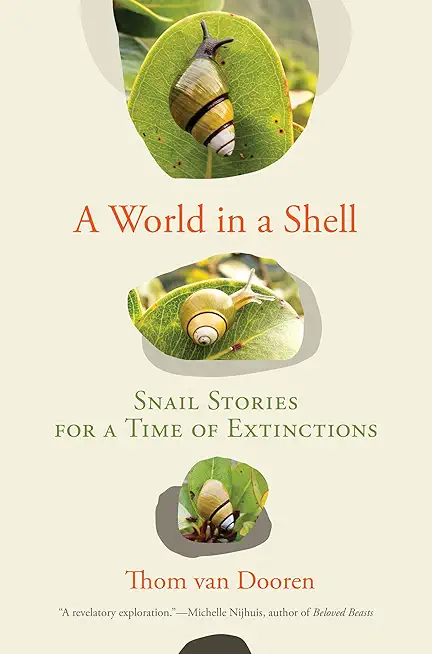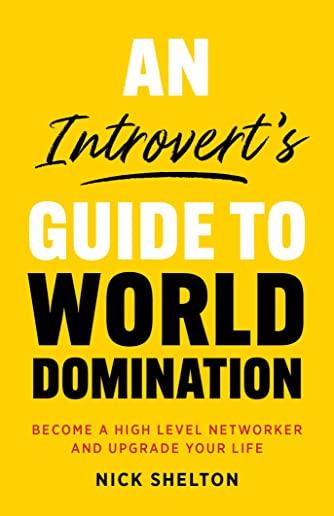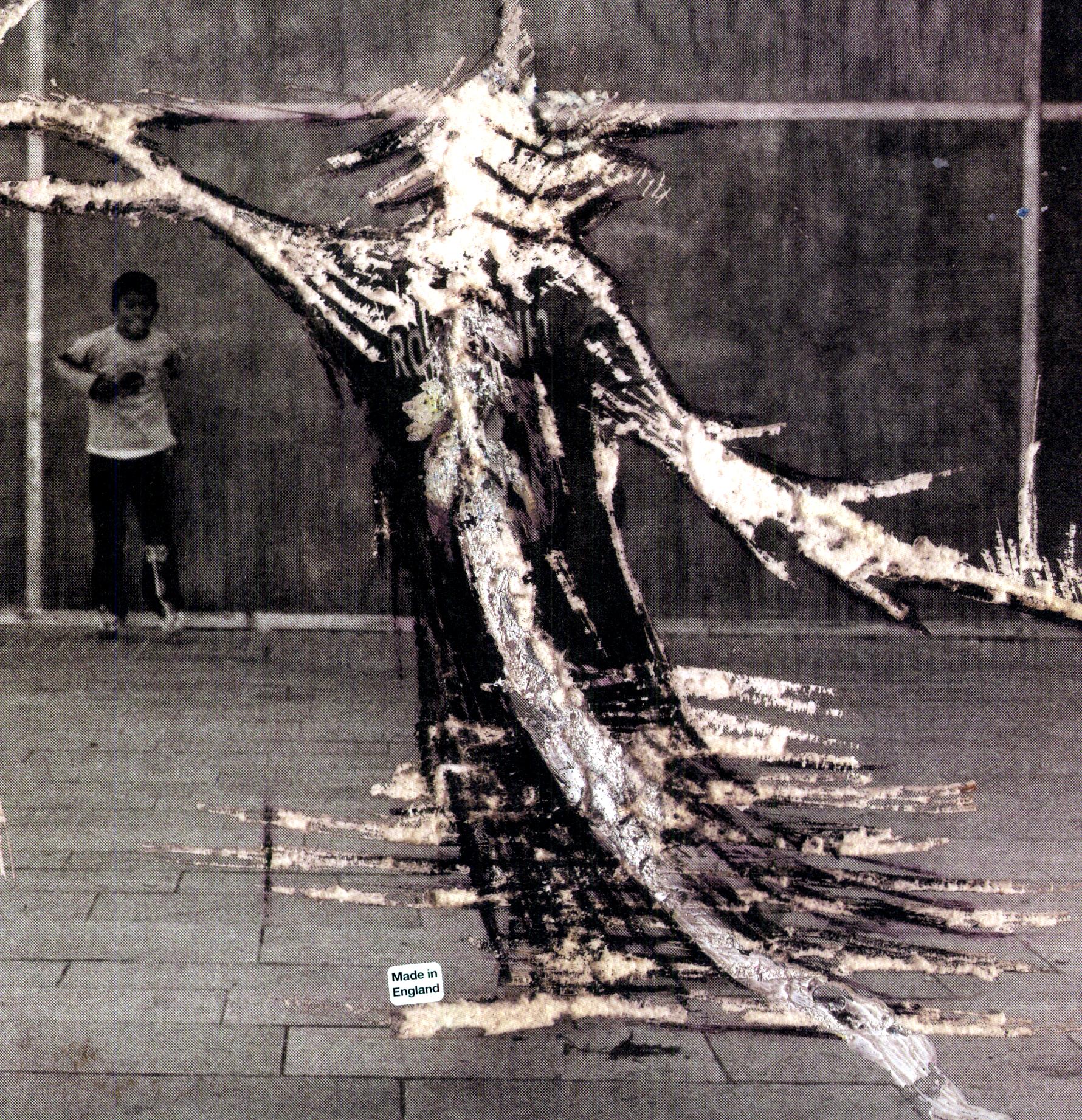
description
8A groundbreaking history of the human mind told through our experience of dreams--from the earliest accounts to current scientific findings--and their essential role in the formation of who we are and the world we have made. "A resounding case for the mystery, beauty and cognitive importance of dreams." --The New York Times What is a dream? Why do we dream? How do our bodies and minds use them? These questions are the starting point for this unprecedented study of the role and significance of this phenomenon. An investigation on a grand scale, it encompasses literature, anthropology, religion, and science, articulating the essential place dreams occupy in human culture and how they functioned as the catalyst that compelled us to transform our earthly habitat into a human world. From the earliest cave paintings--where Sidarta Ribeiro locates a key to humankind's first dreams and how they contributed to our capacity to perceive past and future and our ability to conceive of the existence of souls and spirits--to today's cutting-edge scientific research, Ribeiro arrives at revolutionary conclusions about the role of dreams in human existence and evolution. He explores the advances that contemporary neuroscience, biochemistry, and psychology have made into the connections between sleep, dreams, and learning. He explains what dreams have taught us about the neural basis of memory and the transformation of memory in recall. And he makes clear that the earliest insight into dreams as oracular has been elucidated by contemporary research. Accessible, authoritative, and fascinating, The Oracle of Night gives us a wholly new way to understand this most basic of human experiences.
member goods
No member items were found under this heading.
Return Policy
All sales are final
Shipping
No special shipping considerations available.
Shipping fees determined at checkout.







